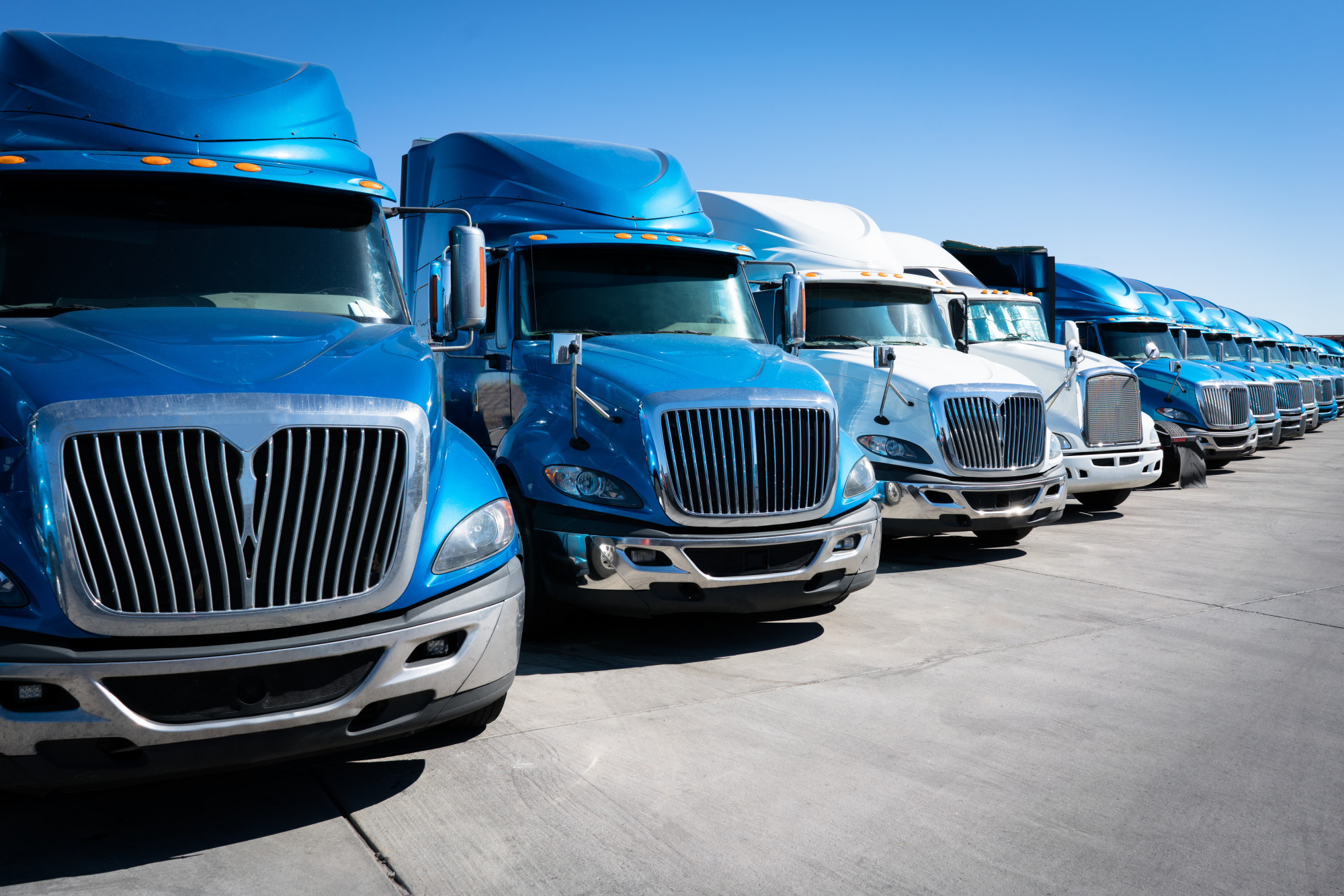
Are you considering starting your own trucking business? With internet shopping and global trade on the increase, freight and haulage are now a bigger industry than ever. So how can you benefit from it and make your business a success?
It begins by knowing how to set up your company and the options available to you. Below, we give our 7 must-know steps when starting a trucking business.
1. Register Your Commercial Truck Business
There are a number of different ways you can do this, all dependent on the location you start up in. However, many methods have a similar process and require the same information. The first thing you need to do is to register your business name and physical address with the relevant board.
Once you have done this, you will need to decide on the structure of the business. Is it a sole venture, corporation, limited liability company, or partnership? Find a reliable, experienced lawyer to help you set this up.
The lawyer will not only help you set up the business but will be able to help set up federal and state tax ID. Once you have this, you can begin getting any necessary permits. These may include Motor Career Authority Number, Federal DOT Number, Internal Registration Plan Tag, International Fuel Tax Agreement, BOC-3 Filing, and a Heavy Use Tax Form.
2. Work Out Your Operational Model
The heart of your business will be your fleet. This means you need trucks and drivers to get off the ground. There are a number of ways to acquire them.
One way to start is to buy your own trucks and hire the drivers. The downside is that you have a huge outlay on buying trucks. Many people starting this way begin small, then upscale over time.
The plus points are that you have a much greater scope for profit. Once you have paid for vehicles, any revenue comes directly to you. This gives you much more control over your business.
The other way is to subcontract. This means you do not have to buy trucks, and simply hire drivers who have their own. While it does not have a large outlay, it can cut into your profits drastically.
3. Buy Business Insurance
One of your biggest expenditures, but a necessary one, is business insurance. Unfortunately, truck accidents are extremely common. This makes trucking insurance premiums one of the more daunting purchases you will make.
You will need a number of commercial truck insurances to safeguard your business and employees. General liability insurance is the first, followed by worker’s compensation insurance. After this, you will need cargo insurance to protect any loads you are hauling.
Failure to have the correct insurance leaves you wide open to legal action. You may even face closure or bankruptcy on your business if you do not have it when an accident occurs.
4. Plan for Managing Cash Flow When Starting a Trucking Business
Setting up business costs a lot of money. You will have paid lawyers, purchased licenses, bought insurance, not to mention your fleet. That is why it is vital that you plan your first year’s finances meticulously.
Always keep in mind that with a trucking company, it is likely that customers will pay after the service. This can often be up to 90 days after the delivery. Add this to the fact that business is usually scarcer in the first six months, and you can see why cash flow is so important.
One way to get around this is with a factoring company. They will advance you the cash for part of your load on the same day as delivery. This allows you to have some immediate income as you wait for customers to pay.
5. Get Premises
Once you have these elements in place, you need to think about finding a home for your business. Due to the nature of trucking, it is not something you can do from home. Find office space, and then begin to hire staff to help you with the administrative duties.
You will require an accountant and a bookkeeper. Think about hiring an office manager to deal with day to day duties. You may then also wish to hire some sales personnel.
Finally, get any items and objects your office staff need. Computers, a phone line, and internet access are essential.
6. Get a Fuel Card
Another large but vital expenditure for your company will be fuel. You can minimize some of this financial burden by getting a fuel card. They can help you control expenses at the pump and help you regulate your fuel spending.
Fuel cards allow you to get cash price fuel at truck stops. They often come bundled with lots of helpful tools for managing fuel like theft protection and reporting information.
7. Prepare Your Trucks
Once you have everything in place and your commercial trucking business is ready to roll, you have one last task. This is to prepare your fleet for the road. Start by checking the vehicle mechanics, and make sure you have correct license plates or international registration plates.
Once you have done this, there are a few more items that need to be clearly displayed on your windshield. One of these is radio frequency identification tags. This should be above your USDOT number and companies registered name, which should also be displayed clearly on the windshield.
Start Small
When starting a trucking business, begin small. Don’t take on more than you can handle and get some experience under your belt before expanding. Once you have the knowledge and all your operations running smoothly, you can begin to venture further afield with bigger contracts.
If you enjoyed our handy article, then visit the rest of our website. We have helpful blogs on everything from starting up a business to finance and commerce. Let us help you build your business empire, starting today!